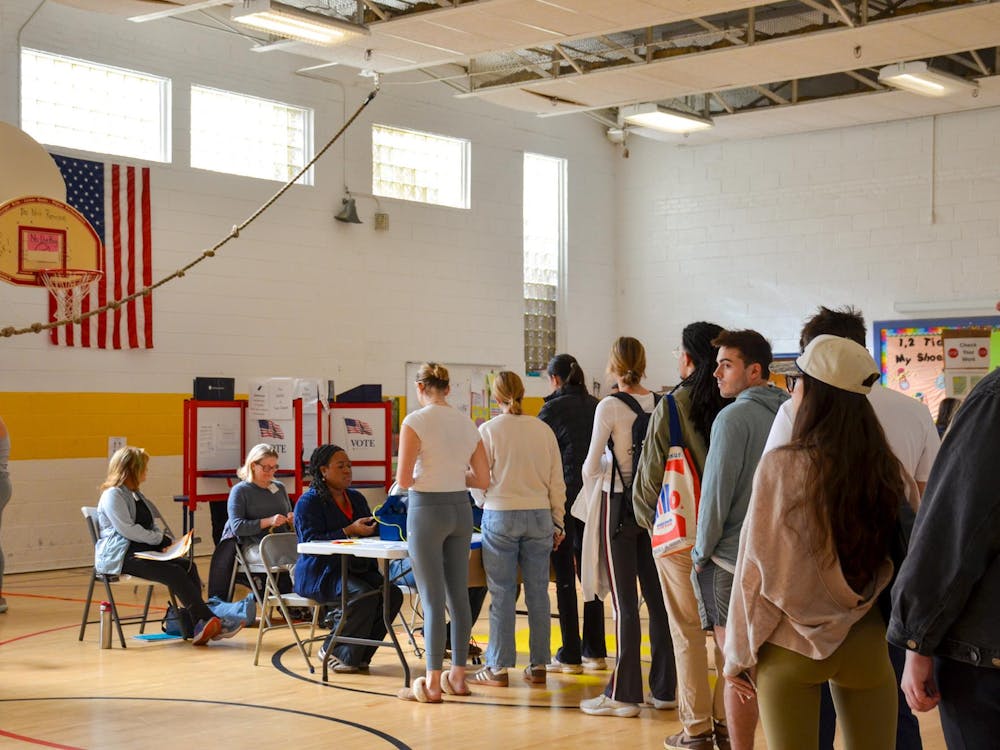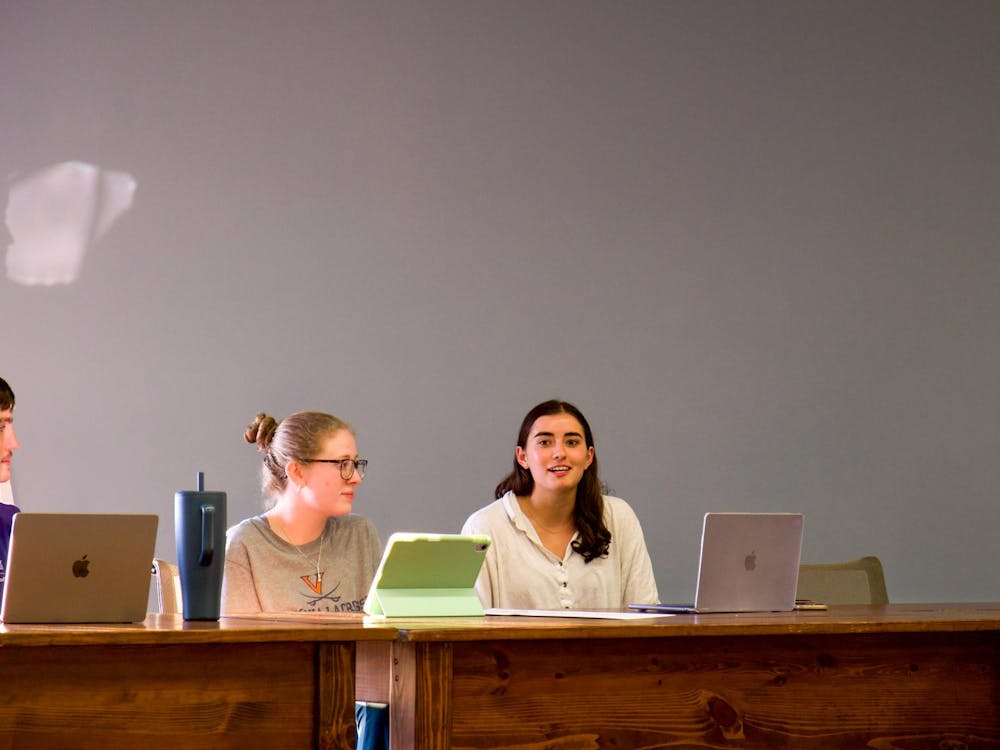Biomedical Graduate Engineering student Kristen Wieghaus won first place along with a $1,500 research grant at yesterday's fourth annual University of Virginia Engineering Research Symposium.
"This is an event that encourages and gives graduate students the opportunity to present the research they've been working on, based on the programs they've been in," said Roseanne Ford, associate vice president for research and graduate studies, "It's just a way to highlight great work graduate students are doing in engineering."
Electrical engineering Graduate student Mark Hanson, chair of the Graduate Engineering Student Council, said dozens of graduate Engineering students applied, though only 20 finalists were chosen, representing all 10 Graduate Engineering degree programs.
"Everybody here had great research projects," Wieghaus said. "There's really been some great work in the Engineering School these days."
The finalists presented their projects at the symposium by creating posters that summarized their projects, and students were additionally responsible for briefly explaining their projects to the judges.
Wieghaus's project, which proposed the creation of new structures for angiogenesis, the growth of new blood vessels, was selected as the winner by the symposium's judges.
"We're interested in novel structures on angiogenesis," Wieghaus said. "This can be used to treat a wide variety of diseases, and we could use them in tissue engineering."
The judges for this year's symposium included Assoc. Radiology Prof. Matthew Bassignani, Kent Schlussel, director of Ground Systems at the National Ground Intelligence Center, and Computer Science Prof. William Wulf.
According to Wulf, judges scored the projects based on three criteria, two of which were technical merit and clarity.
"One of the things that certainly makes a difference is if students can explain what the societal impact is." Wulf said about the third criterion.
Wulf also commented on projects that caught his attention during the event, one of which proposed ideas for alternatives to hydrogen production processes. James Murphy, chemical Graduate Engineering student and creator of this project, noted that his research could reduce dependence on other nations for energy sources.
"I think this has a significant social impact," Murphy said. "One of the things we need to do is reduce foreign dependence, and if we can create an energy source from water we're no longer dependent on foreign nations."
Although there could be only one first-place winner, Hanson remarked on the overall success of the event.
"I was very impressed with what I saw," Hanson said. "The quality of the presentations was absolutely phenomenal"






